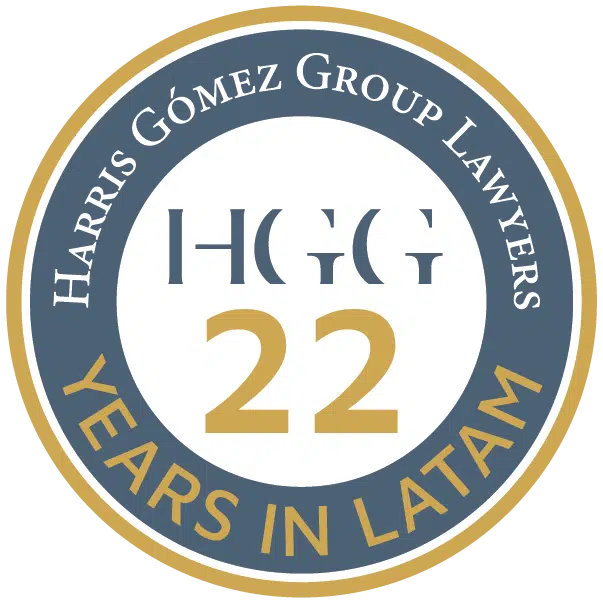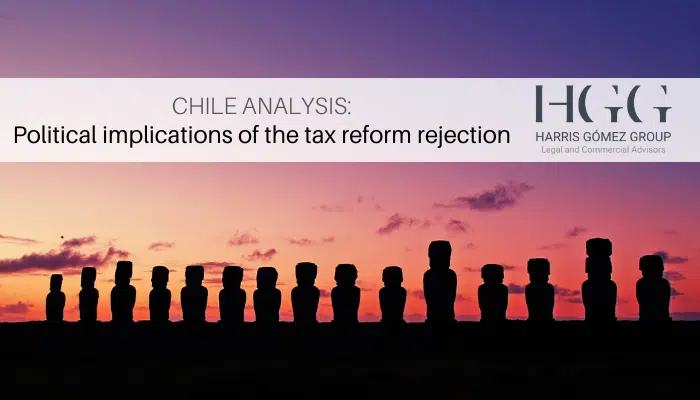Written by León Lanis V., Paralegal
One of the key aspects of the political agenda of Chile’s President, Gabriel Boric, was implementing huge changes to the taxation system of the country. This new system was designed to collect over 3.6% of the GDP of the country, by ending the semi-integrated system, in which company owners can use their company’s income tax as a credit against their personal taxes. The bill was rejected by congress in a controversial voting session. Many political sectors rejected the bill due to lack of incentives to companies. In this article, we’ll dive into the bill itself, the controversies related to it and what is next for the government in order to implement the changes it had promised during the campaign.
THE BILL
During the first weeks of its government, Gabriel Boric announced that he would present to congress a Tax Reform that would completely change the actual system which has been in place since the 1980s, adapting Chile to the OECD standards.
The new system was designed to become semi-dual, meaning that company taxes and personal taxes (specifically income taxes) would be separated. In other words, company tax would not create credit against an owner’s tax. Also, there was a 2% R&D tax, which was levied against those companies which could not prove the allocation of investments to R&D. The Bill also proposed a “Registry of Final Beneficiary Owners”, which would help the IRS trace final taxpayers which ultimately receive profits generated by a certain company.
One of the most controversial and discussed matters of the bill was a wealth tax, which in a nutshell meant that any individual with tax residency in Chile, living inside or abroad, with wealth amounting between USD $5 and $15 million USD, would have to pay a 1% marginal tax. Last but not least, the bill also proposed increasing the mining royalty tax.
THE DISCUSSION
The government has had a lot of rough patches trying to pass legislation, mainly because of the opposition’s power and the government’s difficulties in negotiating with their opposition and even some pro-government sectors which say they have been left out of the process. Many politicians said in interviews that the government did not do due diligence to set up good discussion panels with pro-government and opposition in order to preemptively tone-down the bill. The rejection was possible because some pro-government deputies were not in congress to vote, which generated further friction between parties. The government did not take the rejection very well, which even made the Finance Minister say that “those who voted against are defending tax evasion”.
LOOKING AHEAD
Due to the rejection, the government can’t present the same project in at least 1.5 years. Many political advisors have publicly said that it is highly unlikely for the government to present the same project again, because a new rejection so near the presidential elections could be fatal. Bearing that in mind, Boric now has two options:
- Take the discussion to the Senate: if a bill is rejected in Congress, the President has the power to step over and take the discussion directly to the Senate. This scenario is highly unlikely, mainly because the government would need to have over ⅔ of the Senate to vote in favour of the project.
- Separate the bill into different bills: this is the more likely outcome. The government can make different bills dealing with all the matters related to the rejected bill. This would mean a bigger compromise for the government, because if they would like to see the bill coming through, there would need to be better negotiations with all sectors.
In conclusion, the rejection of the tax reform is possibly one of the biggest turning points for the government so far, where the strategies in order to achieve the promised reforms must be achieved by thorough negotiations and compromises.






